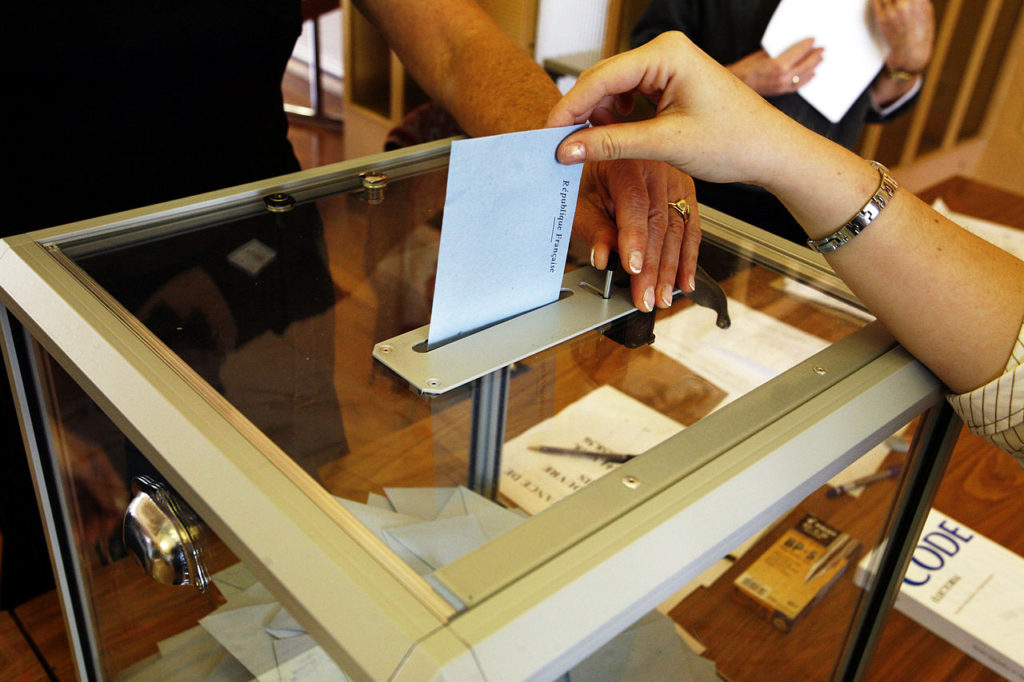Contributed Post
Somewhere in the world, national elections are held every year. For most countries, an election comes around every 4 or 5 years, sometimes sooner. It’s the time when power is handed to people, who can then choose who they want to represent them at the highest levels. Of course, democracy is always about debating and deciding which way forward is best for the people of a particular country. But what actually goes into an election? What are the most important pillars of an election? Read on to find out.
Each Country Has Its Own Format
There are so many different types of government and democracy out there. And if you’re interested in learning more about them, you should do some further research. There is no one form of democracy that is necessarily better than all the rest. Some countries have purely representative forms of democracy. Whereas direct democracy is favoured in places like Switzerland.
Not all countries have a straight parliamentary form of democracy either. Some of them have a presidential setup. You only have to look at the controversy caused by the electoral college in the US in recent times to see that there is no agreement on which democratic arrangement is the best of them all. It’s something that should always be up for debate, and in most countries, it is.
Independence is Key
Elections always need to be independent. If they’re not, then there is no point holding them in the first place. Independent councils and organisations are often set up to oversee elections. This ensures that people don’t lost faith in the process itself. If that were to happen, it would be pretty disastrous for democracy in general.
In some countries, external bodies from international organisations like the UN can be called in to oversee elections if there are worries about independence. It’s important that the global community accepts the result of an election, which always does happen if they have been judged to be free and fair. But if they don’t, it can cause all kinds of turmoil.
Voter Registration
Voters need to be registered before they can show up on election day to cast their vote. There is a lot of controversy around this, though. Many people argue that the way in which voter registration often works acts as a form of voter suppression. It tends to be minorities, poorer people and young people who lose out as a result of this.
There are some efforts to move towards a situation in which people are always automatically registered. At the same time, it’s important it make sure that people aren’t registered twice and nothing can happen that would make electoral fraud possible. It’s difficult to get that balancing act right while remaining fair and democratic.
The Equipment
There is some equipment that is being increasingly used to cast votes. This is not always necessary because traditional methods are still used a lot. But it does seem like voting machines will be prevalent in the future. This is something that can hopefully increase efficiency and accuracy when it comes to casting votes.
There are companies all over the world that are creating voting machines and developing new and more secure ways for votes to be cast and elections to be held. Smartmatic is an example of one such company. You can can find out about what they do and how voting machines function by doing some more research if it’s something you’re interested in.
Counting and Counting Again
Counting the votes has to be done, but it can be done in different ways. In some countries, the process is now entirely automated. In theory, this wipes out the possibility of human error. Some people do have concerns about what this means, though. For example, some argue that it can increase the likelihood of tampering and electoral fraud.
In many countries, however, votes are still cast on paper. They’re inserted into a box and then counted by vast teams of people. This takes time, and counting in this way involves human error. If the result is tight, it can be necessary to go through various rounds of recounts. This might not be ideal, but it’s necessary to get an accurate result.
Elections can get messy, but they shouldn’t. The transfer of power is one of the most important aspects of any democracy. If one side refuses to accept the result of an election, it destroys the entire idea of democracy, which is, of course, a very dangerous thing indeed.







